Egyptian rights activists divided over holding Cop27 in ‘climate of fear’
’Egypt is enmeshed in a full-scale human rights crisis,’ says prominent human rights activist
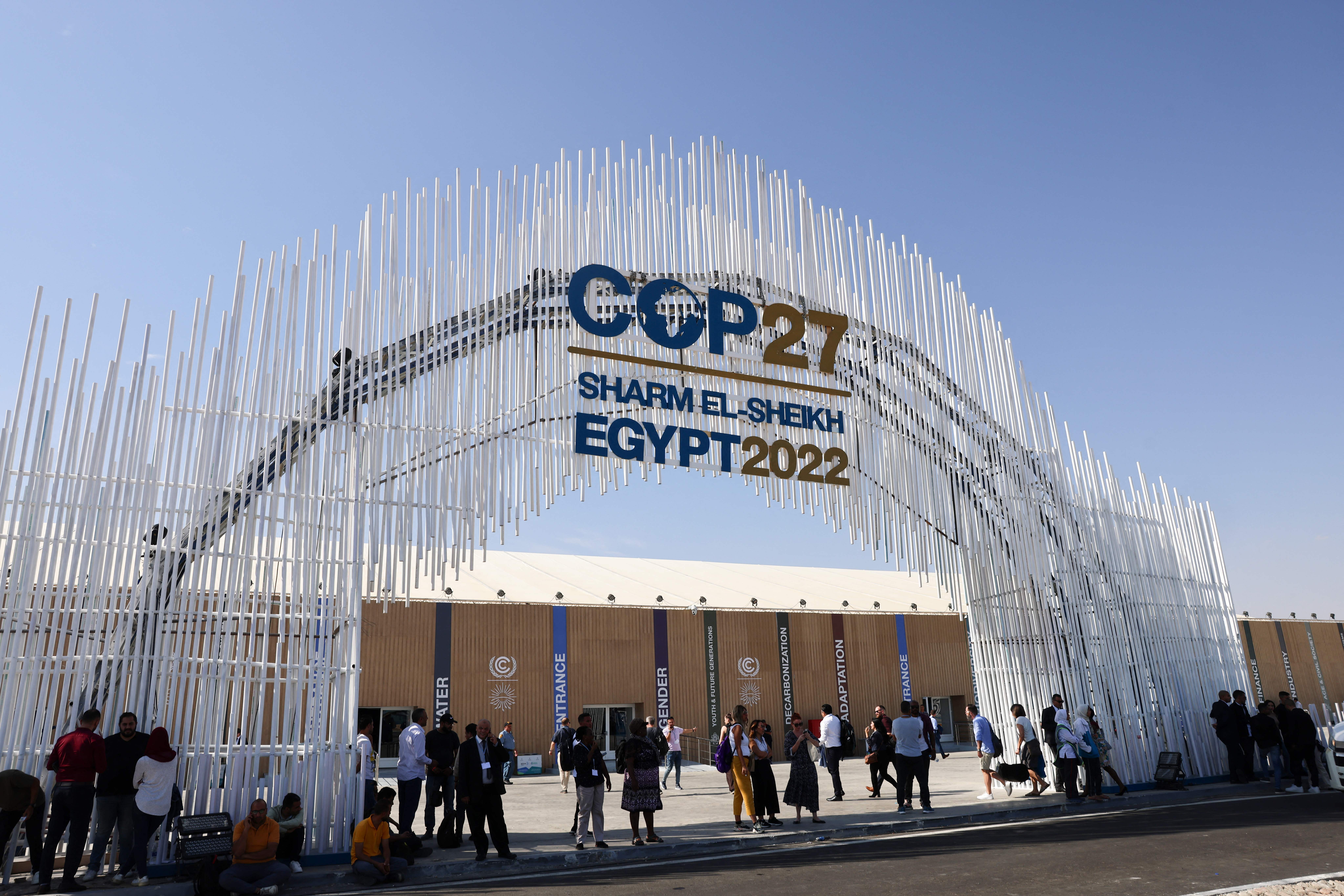
Your support helps us to tell the story
From reproductive rights to climate change to Big Tech, The Independent is on the ground when the story is developing. Whether it's investigating the financials of Elon Musk's pro-Trump PAC or producing our latest documentary, 'The A Word', which shines a light on the American women fighting for reproductive rights, we know how important it is to parse out the facts from the messaging.
At such a critical moment in US history, we need reporters on the ground. Your donation allows us to keep sending journalists to speak to both sides of the story.
The Independent is trusted by Americans across the entire political spectrum. And unlike many other quality news outlets, we choose not to lock Americans out of our reporting and analysis with paywalls. We believe quality journalism should be available to everyone, paid for by those who can afford it.
Your support makes all the difference.As world leaders descend on Sharm el-Sheikh for Cop 27, Egyptian activists are divided as to whether holding the summit under what they say is one of the most repressive governments in Egypt’s history amounts to an offence or an opportunity.
“Egypt is enmeshed in a full-scale human rights crisis,” said Hossam Bahgat, a prominent Egyptian human rights activist who says he has been banned from leaving the country since 2016 and has had his assets frozen. “Our current government has one of the worst records of human rights around the world.”
Rights groups say tens of thousands of government critics including journalists, human rights defenders and activists have been imprisoned under Egyptian president Abdel-Fattah el-Sissi, who was elected into office in 2014 after a military coup.
The rights of freedom of expression in the country are severely repressed and the conditions for those in detention are cruel and inhumane, according to campaigners, while unauthorised protests are banned in the “republic of fear.”
“That is the situation in which Cop is taking place,” said Mr Bahgat, the founder and executive director of the Egyptian Initiative for Personal Rights, one of the most prestigious rights groups in the country. Mr Bahgat said the group currently has three open criminal lawsuits against its staff that all carry possible prison sentences.
Some activists have suggested that the above amounts to a clear set of reasons why Cop27 should not be taking place on Egyptian soil. The country playing host to a climate summit in which protest traditionally plays a crucial role in pressuring government delegations into action is not only likely to be unproductive but also amounts to greenwashing, they say.
Dozens of people were reportedly detained in Cairo last week in connection with calls for protests on 11 November. And United Nations human rights experts warned recently that restrictions against rights defenders had created a “climate of fear” for Egyptian civil society organisations to engage visibly at Cop27.
Sanaa Seif, the sister of a British citizen at risk of death on hunger strike in an Egyptian jail, is among those to have described Egypt hosting the summit as a “big mistake.”
On the flip side, there are those who see the summit as a rare opportunity for the country and its human rights crisis to be propelled into the world spotlight. For many barred from leaving the country, it also offers an opportunity to partake in an international gathering which they are usually unable to attend.
A group of Nobel Prize laureates urged world leaders this week to raise the issue of human rights when they travel to Egypt for the summit.
Jess Kelly, a British journalist whose human rights defender husband Karim Ennarah is barred from leaving Egypt, said she was hopeful that the renewed focus on the country might offer a window of opportunity for foreign governments to push Cairo to allow Mr Ennarah to travel to the UK.
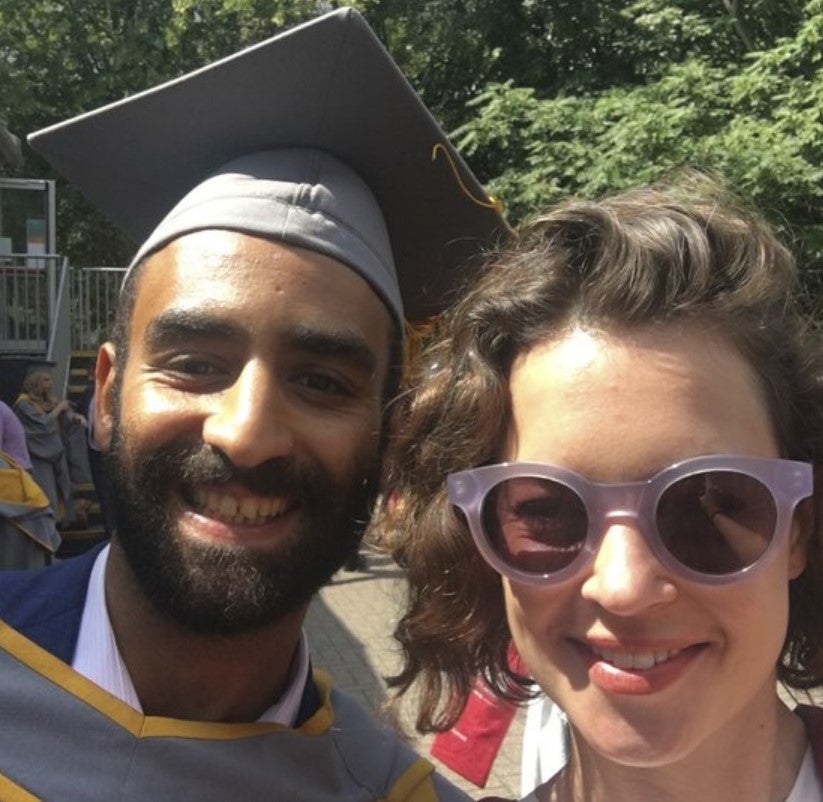
Mr Ennarah, who worked as Egyptian Initiative for Personal Rights’ criminal justice director, was arrested along with two of his colleagues after meeting with European diplomats from several countries including the UK and slapped with terrorism-related charges two years ago, before being released but banned from leaving Egypt. Many believe the meeting was the trigger for their detention.
Ms Kelly has been campaigning for him to be allowed to travel to London ever since.
“Time is slipping by and nothing has changed,” she said.
Mr Bahgat agreed that Cop27 offered rights defenders an opportunity.
He said his organisation was using the summit to call for the release of political prisoners, the unblocking of independent media outlets and websites, and for the participation of civil society in the summit itself.
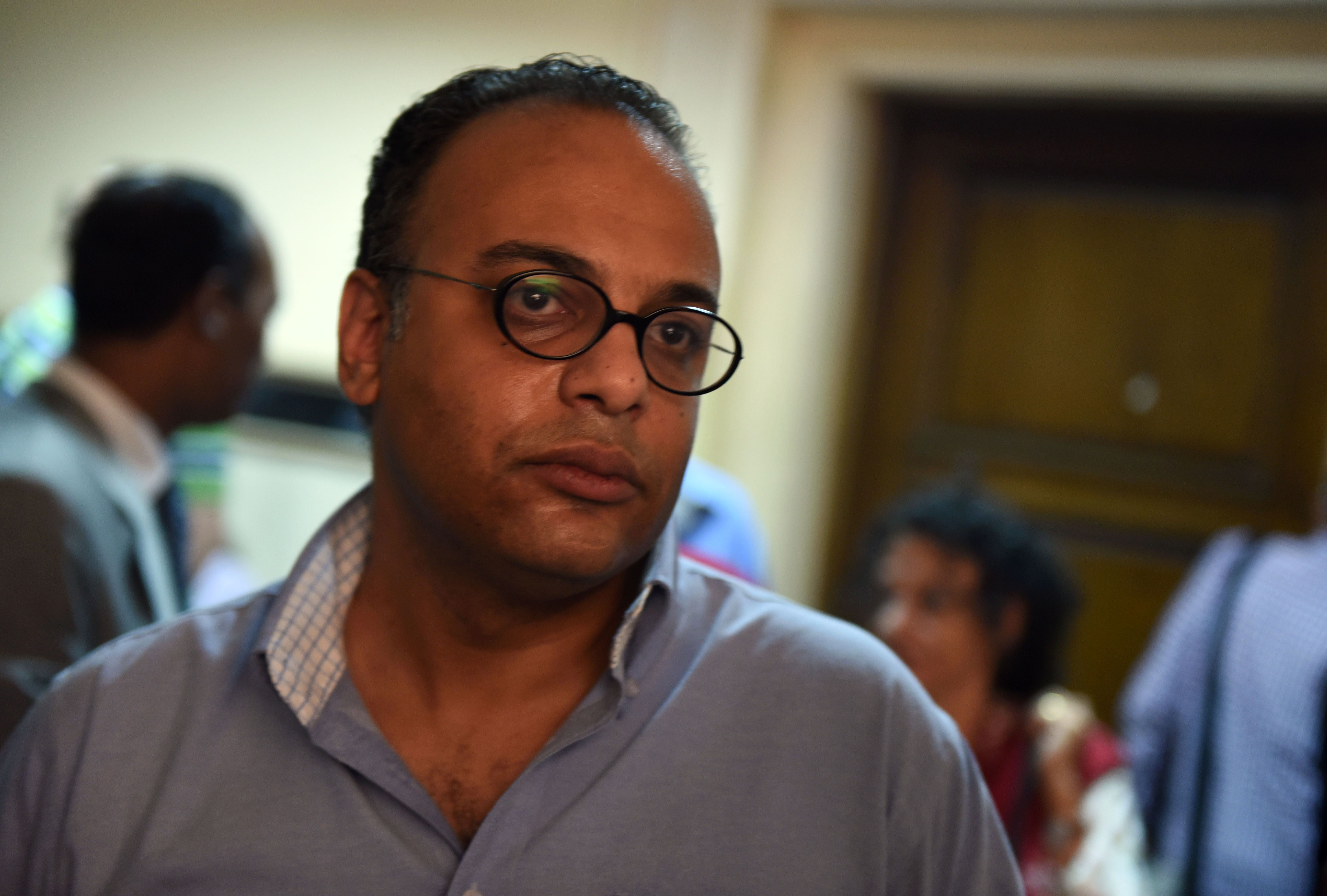
“The world seems to have forgotten about Egypt in the past years, because it appears from the outside to be stable in a very unstable neighbourhood,” said Mr Bahgat.
In the run up to the summit there have already been signs of possible progress. In the past year, hundreds of political prisoners have reportedly been released from Egyptian jails and in a political step-change, Mr el-Sissi has called for dialogue with members of the opposition.
Despite widespread scepticism and speculation as to the government’s motivations, the move has been tentatively welcomed by some opposition figures.
At the same time activists are not holding their breath for systemic reform, and say tens of thousands of people remain in jail and that political arrests have continued. Critics of the Egyptian government who want to attend the Cop27 climate summit still face significant hurdles and risks, they add.
Before Cop27, only one Egyptian NGO was accredited as an observer of the United Nations Framework Convention on Climate Change - meaning it can attend any of UN climate meetings. In a bid to boost representation from Egyptian civil society, the Egyptian government agreed with the UN to provide one-year accreditation passes to more than 50 Egyptian and other African NGOs.
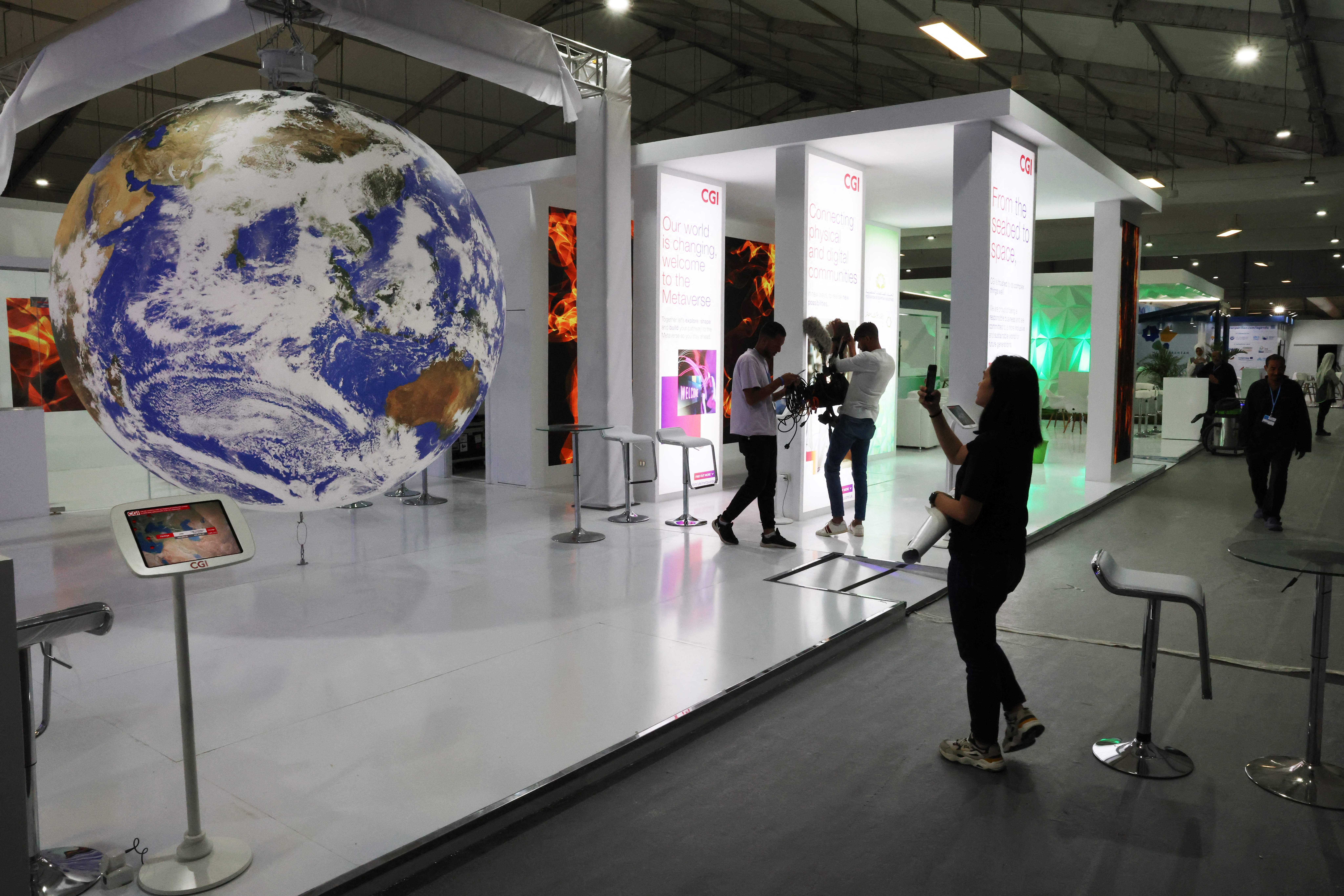
But one Egyptian environmentalist, who wished to remain anonymous due to concerns for his safety, said the majority of the accredited groups are close to the government - and none are human rights organisations.
“There needs to be human rights groups,” he said. “The climate crisis is very intersectional in its nature and touches on all subjects or all aspects of life, and therefore, it’s necessary to be more inclusive.”
Mr Bahgat accused the United Nations of having “washed its hands” of the affair by saying the selection process was solely controlled by the host country. The UN Climate Change division said it was committed to ensuring all meetings are inclusive and to providing an opportunity for civil society to participate. It said it was committed to upholding UN values, including human rights.
The summit is not open to the general public, but activists could possibly travel to Sharm El Sheikh. The Egyptian government has said it will allow climate activists to protest in a facility “adjacent” to the conference centre.
But first they have to get there. The road between Cairo and the resort town is subject to multiple security checkpoints even on a normal day, and it remains unclear if activists will be allowed to pass, said the Egyptian environmentalist. Then hotel prices are also cripplingly expensive for many grassroots organisations.
“It’s a fortress,” he said. “It’s not accessible.”
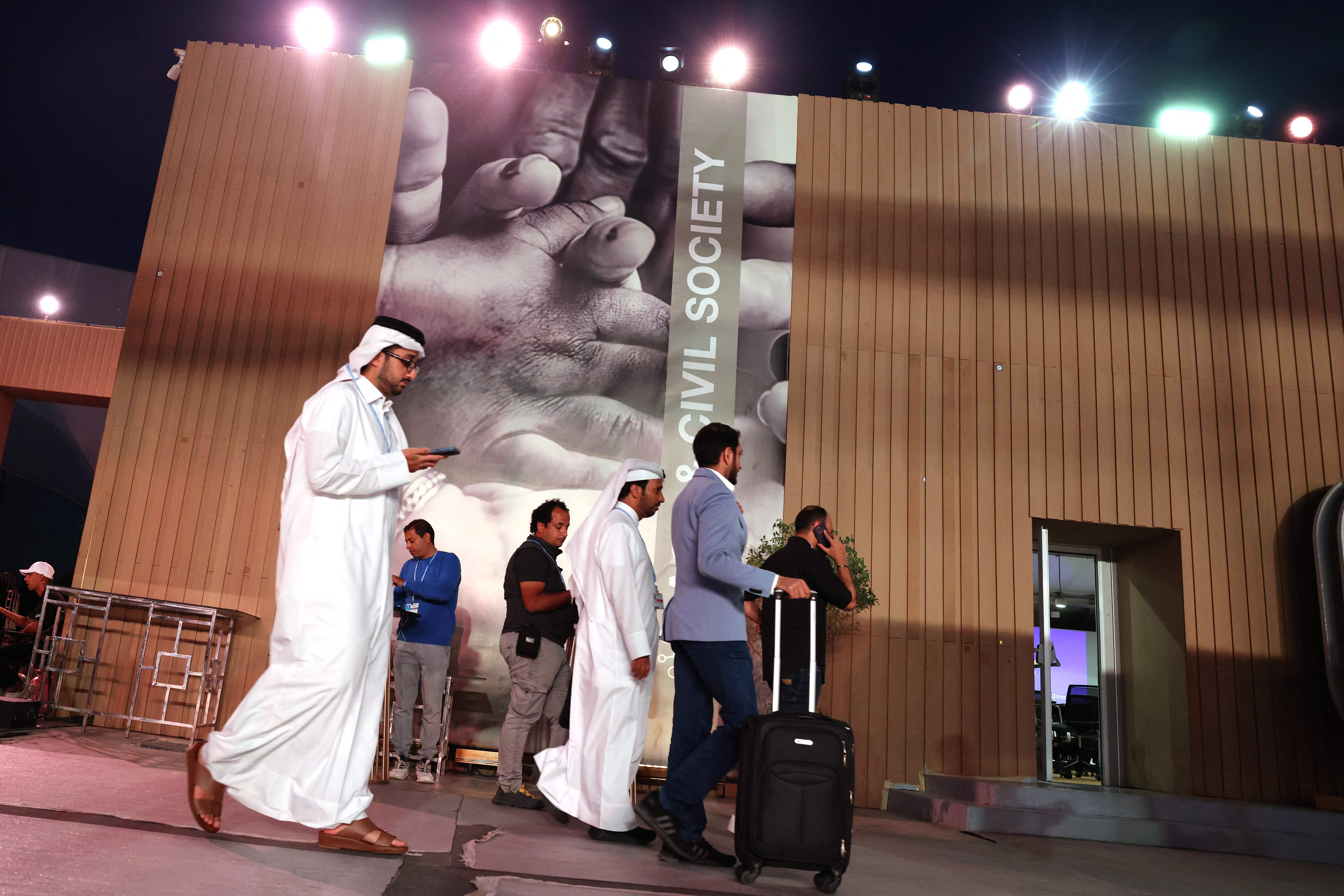
Hosting Cop27 in Egypt, nevertheless presented an opportunity for Egyptian civil society to carve out additional space that hopefully can be maintained beyond the summit, he said. It is also a chance to push for climate justice that incorporates human rights and social justice, he added.
Others are concerned about what will happen once the spotlight leaves Egypt.
“The fear of reprisals after Cop is very much on everyone’s mind here,” said Mr Bahgat. “We had to make a choice because the alternative would have been to stay silent and not make the best use of this big opportunity that Cop27 presents for us.”
Egypt’s chief negotiator Ambassador Mohamed Nasr said the “overwhelming” majority of the activists’ accusations were not true and warned that “we should not be mixing” different agendas together at Cop27.
Activists are free to make their views heard but they should not “spoil” the discussions on climate change, he said. All governments are criticised, he added, and there isn’t space to address everything at the Cop. He also pointed out that more than 30 Egyptian environment NGOs will be at Cop.
“We are there to discuss climate change,” he added. “We don’t go to the Human Rights Council and discuss climate change and stop the human rights agenda discussion because … climate change actions are not happening in other places.”


Join our commenting forum
Join thought-provoking conversations, follow other Independent readers and see their replies
Comments